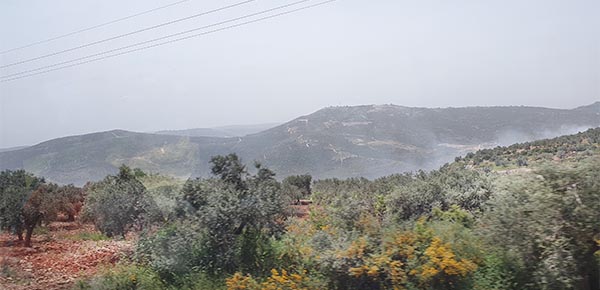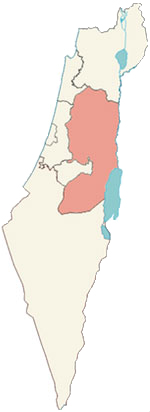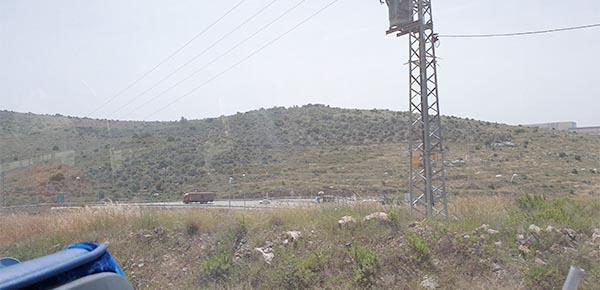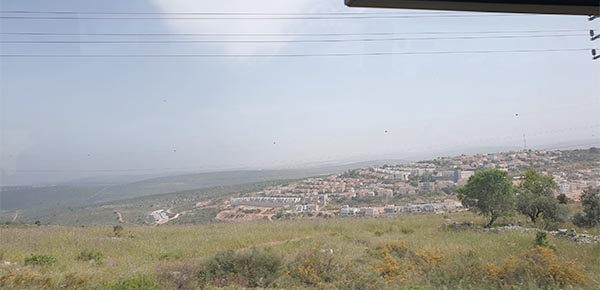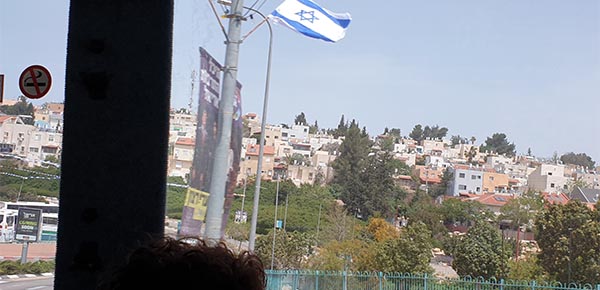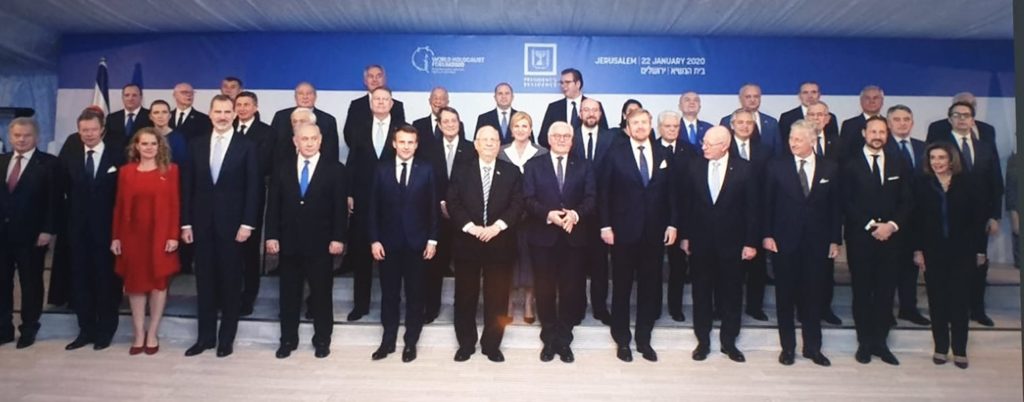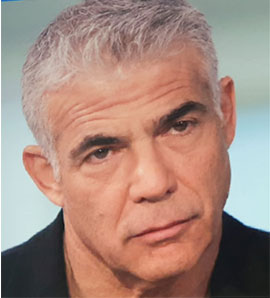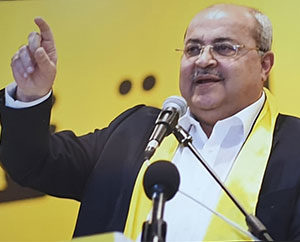Exodus 12:1-3
Now the LORD said to Moses and Aaron in the land of Egypt, “This month is the beginning of months for you; it shall be the first month of your year. Tell the whole congregation of Israel that on the tenth day of this month each man must select a lamb for his family, one per household.”
The gentile Gregorian calendar, based on the sun, substituted God’s biblical (Hebrew) calendar that was based on the moon as if saying that the substitute was a better way. They made a different day for the Sabbath, they made different dates for the Set Times of the Lord (the Jewish holidays) and omitted the celebration of the New Moon from the calendar.
This month some nations joined in Jerusalem for the first time to celebrate the New Moon, thereby reconnecting with God’s biblical calendar. It’s a huge thing, since the Gregorian calendar is actually part of the root of anti-Semitism, denying that God chose the Jewish nation to establish His calendar in the world.
When God took Israel out of Egypt and established her as a nation, He declared that this would be the first day of the first month (first new moon.) Our New Moon celebrations fulfill the declaration He made, that Israel and the nations would gather on God’s timetable.
The Lord’s Supper – Victory Meal
In Jeremiah 31, God promises: “The time is coming,” declares the Lord, “when I will make a new covenant with the house of Israel and with the house of Judah. God speaks of the new covenant He would give to Israel. We usually stop at the verse where the Lord declares, “For I will forgive their wickedness and will remember their sins no more.” However, in the very next verse, 35 “This is what the Lord says, He who appoints the sun to shine by day, who decrees the moon and stars to shine by night, who stirs up the sea so that its waves roar – the Lord Almighty is His Name: 36 “Only if these decrees vanish from my sight,” declares the Lord, “will Israel ever cease being a nation before Me.” He confirms this promise again in the next verse, “ 37 This is what the Lord says: “Only if the heavens above can be measured, and the foundations of the earth below be searched out will I reject all the descendants of Israel because of all they have done,” declares the Lord.”
God affirms that His commitment to Israel is not dependent on what she does or doesn’t do. It is only because of His faithfulness that He will never reject Israel and Israel will never cease from being a nation before Him. Therefore, taking the Lord’s Supper on the New Moon is a victory meal, like a victory shout, that Israel exists before Him as a nation and that the One who brought us out of Egypt, the One Who was, is still alive and is the One Who is to come. As we line up with this promise, we are on a journey to the throne.
What will all nations sing before His Throne? The song, “Redeemed by the Blood of the Lamb,” and “Worthy is the Lamb.” This journey started in Exodus, when He said in chapter 12:2, “This is the first of your month and the first of your year” and in the next verse He instructs to choose and take a lamb.
At Passover, all the people of Israel passed through the doorposts covered by the blood of the lamb. That event began the journey to the Throne. And each month, more people enter by one thing – by the Blood of the Lamb of God, Yeshua/Jesus. Each month we get closer and closer to His coming – the One Who was, Who is, and Who is to come. We are not just wandering around in this world. We have a purpose; we know where we are going.
The New Moon is a sign of the New Covenant in His Blood, and God’s eternal commitment to Israel. Even before He gave the Ten Commandments, He commanded:
“This is the first of the month”. That was the basis for His people’s calendar. It echoes way back to creation when He made the moon for signs and seasons.
For a long time, it was removed from our understanding. But now we are enlightened.
People may object saying that it is not in the New Testament. But in the Gospels, we see Yeshua honoring the Sabbath, honoring and celebrating the biblical feasts, so we have no reason to think that He didn’t celebrate the New Moon. On the other hand, there are no instructions to eliminate this set time.
We can’t know when Passover is if we don’t mark the New Moon of that month. We can’t go up to Jerusalem for the Feast of Tabernacles if we don’t recognize the first of the seventh month. Colossians 2:16-17 “Therefore do not let anyone judge you by what you eat or drink, or with regard to a religious festival, a New Moon celebration or a Sabbath day.”17 These are a shadow of the things that were to come; the reality, however, is Christ.”

A shadow speaks of something real, a substance, which is Him. It’s all about Him. The New Moon celebration is not to be removed but to be fulfilled; Yeshua is its meaning. Therefore, it’s so significant that the nations honor this day.
Finally, the nations are saying, “We have joined the New Covenant by the Blood of the Lamb, and we recognize God’s eternal calendar by which He moves.”
May the nations reject the false calendar they set up and celebrate the New Moon to say, “We are joining in and honoring Jerusalem, the city of the Great King, the Coming King.”
We are thankful for “My House” where we can celebrate every first of the month on God’s calendar until He returns to rule and reign from Jerusalem. This is a thanksgiving feast. To God be the Glory! Amen!


